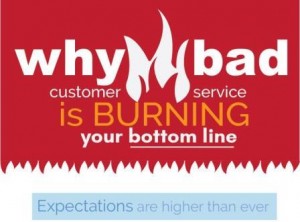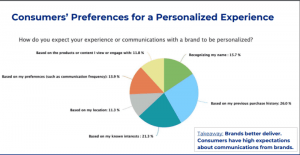Today we’re going to continue our guide for entrepreneurs trying to build their businesses.
Our first installment talked about creating a marketing strategy. In this section, we’ll focus on sales.
In an ideal world, you’d launch your new business with the ability
to hire a veteran salesperson or two to go out and promote your product or service.
But in reality, you’re just getting started, and you may have to be in “one-man-band” mode for a little while. That means being your own salesperson. And while that might seem daunting, there are steps you can take to improve your sales.

Writing in Entrepreneur magazine, start-up investor Hampus Jakobsson lists these strategies for getting started:
1. Sometimes “Yes” Means “No”
When you launch a business, you need every second you can spare. That’s why it’s important to avoid wasting time trying to make sales that won’t happen. Let’s say you’ve spent an afternoon at a trade show and come home with a pocket full of business cards. Those are all potential customers, right?
Not so fast. “The reality is… many of these prospective customers offered their cards as a way of excusing themselves from the conversation,” Jakobsson writes. You can sort out the real sales potential by engaging with these customers after the show through a personalized email. They will opt out of your correspondence soon enough if they are not interested.
2. Present Problems, Not Solutions
Jakobsson says this sounds counter intuitive. After all, don’t we say/hear things like “Don’t bring me problems, bring me solutions.”
But he’s touching on something we point to in the world of inbound marketing all the time: People are more interested in solving their problems. That’s why we say your blog needs to focus on solving the problems that bring readers to your website rather than simply promoting your products.
The same goes for sales. If you’re just going to spend time outlining what makes your product superior, people will lose focus. But if you ask the potential customer about their problems, they’ll become more engaged and invested in your solutions.
According to a recent article by Hubspot, if a salesperson can’t add value beyond basic product information, the buyer has no reason to talk to them. They can get that information from the internet.
3. Use Personalized Communications
“Don’t ever let a customer assume an e-mail is an automated direct marketing outreach if it isn’t,” Jakobsson writes.
He says that if you’re going to personalize your communications, you should make sure your prospect is aware that you are speaking to them directly. You can do this by including private anecdotes and information on how your product or service would help them specifically.
4. Identifying The Best Prospect For Your Product.
We think this might be one of the most important pieces to creating a winning inbound sales strategy. You must truly understand your ideal prospect; what motivates them, the problems they face, and whether your product is a good solution for their business.
In today’s world, buyers are often well educated about various product options by doing their own homework. They do a lot of research and narrowing of the field before they contact a sales person. Knowing who they are and where they hang-out online, you can begin to develop a relationship before they call.
We hope these tips help you as you enter the world of sales for your new business.
Business & Finance Articles on Business 2 Community(40)
Report Post








